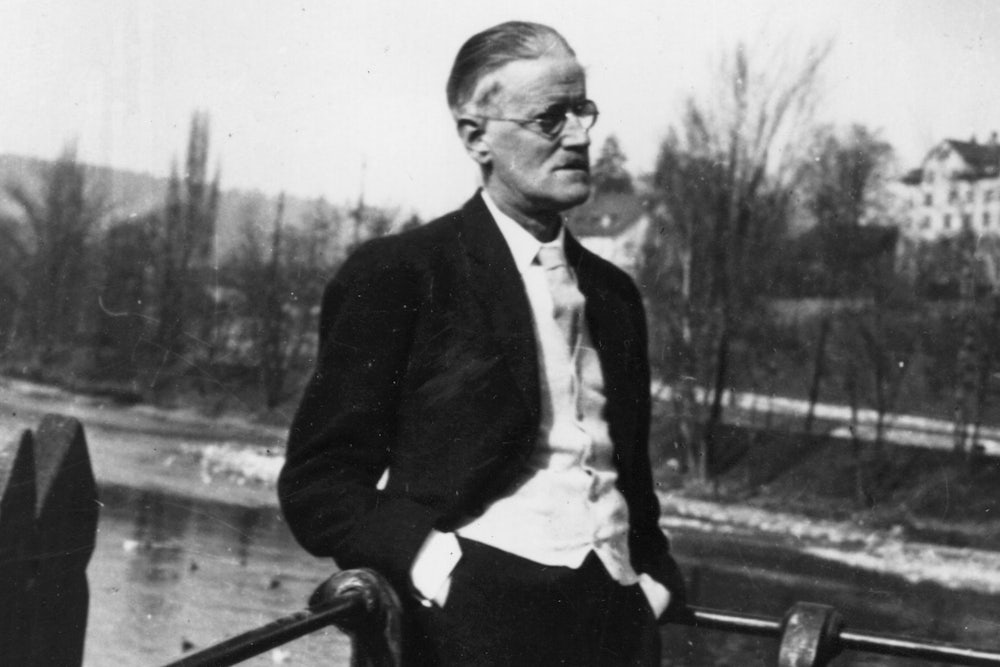Today is Joyce’s birthday, which means we are celebrating the Irish master and his works by sharing Joyce-related material from the New Republic archive. Here, you can find Edmund Wilson’s 1922 review of Ulysses, which Wilson found to be “perhaps the most faithful X-ray ever taken of the ordinary human consciousness.”
But not everyone was so taken with Joyce, including his fellow modernist Virginia Woolf. Writing in her diary, she noted:
“I should be reading ‘Ulysses,’ and fabricating my case for and against. I have read 200 pages so far—not a third; and have been amused, stimulated, charmed, interested, by the first two or three chapters—to the end of the cemetery scene; and then puzzled, bored, irritated and disillusioned by a queasy undergraduate scratching his pimples. Tom, great Tom [T.S. Eliot], thinks this is on a par with ‘War and Peace’! An illiterate, underbred book, it seems to me; the book of a self-taught working man, and we all know how distressing they are, how egotistic, insistent, raw, striking, and ultimately nauseating.”
While what stands out is Woolf’s raw and insistent classism, the line about the queasy undergraduate may ring true for those who feel Ulysses is hampered by, as Daniel Mendelsohn once put it, a “wearyingly overdetermined referentiality.” And everyone knows War and Peace is the best.
